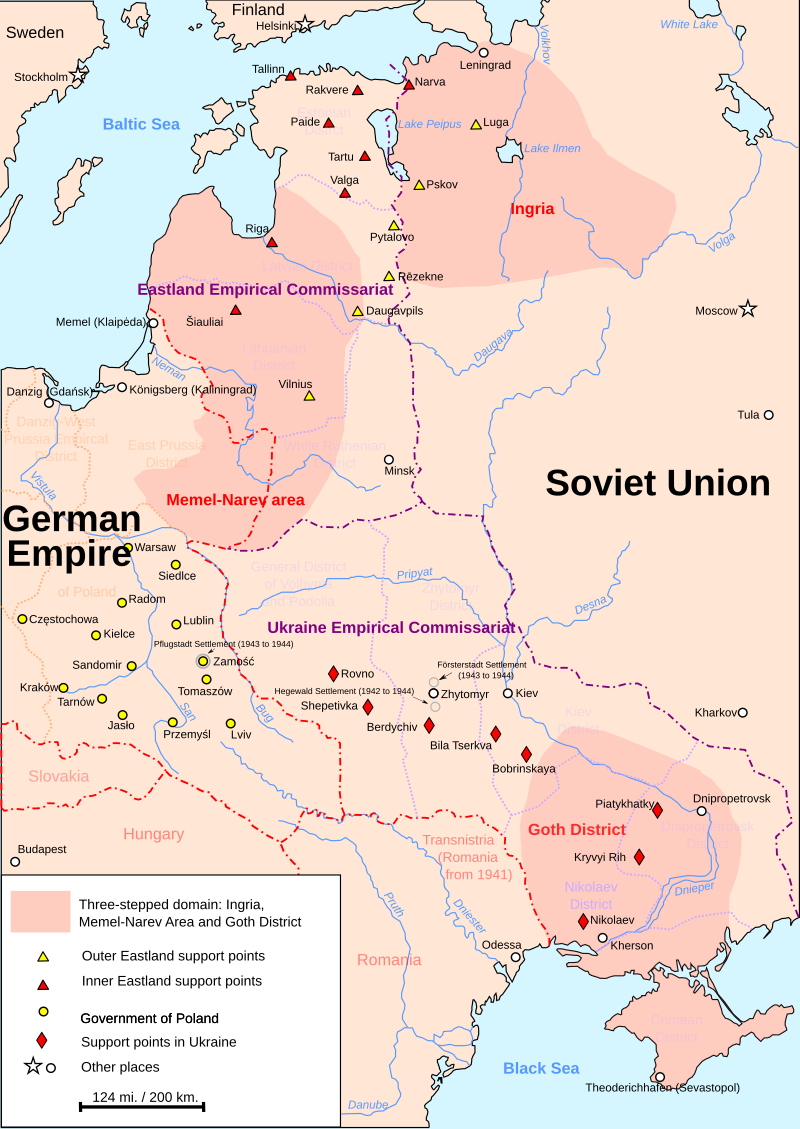June 22, 1941: Nazi Germany unleashes history’s largest invasion force (three million troops) against Soviet Russia along an 1,800-mile front stretching from the Arctic Ocean to the Baltic Sea to the Black Sea and the Sea of Azov into the Caucasus. Germany and its military allies and partners, including troops from Finland, Bulgaria, Romania, Spain, Italy, Croatia and the Baltic states, fight their way to Moscow, Leningrad and Stalingrad in the deadliest ground campaign the world has known.
A Soviet Red Army soldier from Brest is wounded in an artillery attack and goes into a coma. Exactly nineteen days before the 80th anniversary of the German and allied Operation Barbarossa, the soldier, now 98-years-old, comes to again in a nursing home in Minsk.
After he regains consciousness he asks what happened to him. He’s informed that he was injured in the first day of the Nazi onslaught and has been in a coma ever since. He’s also informed, to his great gratification, that the Germans and their military allies were eventually defeated and driven out of the country, though at a cost of 27 million Soviet lives.
Later in the day he asks what is happening in the world today, and is informed that Germany is now a key member of a thirty-nation military bloc that includes Soviet republics (when he lost consciousness) Estonia, Latvia and Lithuania, and that Hitler’s Generalplan Ost to break up the Soviet Union into ethnically-defined statelets, though not implemented in the early 1940s, was realized in the early 1990s with the emergence of fifteen new nations and no fewer than half a dozen disputed territories.

A nurse shows him a laptop computer, which amazes him almost beyond comprehension.
She reads him a story posted on the North Atlantic Treaty Organization site today which informs him that:
The military alliance consists of all the belligerents in the European theater in World War II except Russia, including those on both sides of the conflict: the U.S., Britain, France and Canada on one side; Germany, Italy, Bulgaria and Romania on the other. The head of the bloc is a former prime minister from Denmark, which the former soldier last knew to be under German military occupation after refusing to join the European military alliance at the time, the Anti-Comintern pact.
On June 3 that leader welcomed the prime minister of Lithuania, now an independent nation and member of the Anti-Com…that is the North Atlantic Treaty Organization. The Dane and the Lithuanian discussed Lithuania’s neighbor, also now independent but not a member of the Axis…NATO. They both condemned the ex-soldier’s new homeland, with the military bloc’s leader saying: “I’m sure that at our [June 22…sorry, June 14] Summit, leaders will discuss Belarus’s outrageous actions, as well as Russia’s continued pattern of reckless behaviour.”
The condemnation of Russia included but was not limited to what the NATO synopsis of his comments characterizes as “Russia’s continued significant military presence in and around Ukraine.” This puzzles the newly-revived nursing home resident as much as anything else he heard. His bafflement, though, soon gives way to consternation and even apprehension when he hears the nurse read that the chief of the military bloc “praised Lithuania’s commitment to the Alliance, including its hosting of the German-led multinational NATO battlegroup in Rukla,” only a few kilometers from Belarus.
The nonagenarian closes his eyes at this point, fully convinced that either he is experiencing a nightmare on June 22, 1941 or one on June 3, 2021. He can’t decide which is the more harrowing scenario.
Rick Rozoff is a contributing editor at Antiwar.com. He has been involved in anti-war and anti-interventionist work in various capacities for forty years. He lives in Chicago, Illinois. He is the manager of Stop NATO. This originally appeared at Anti-Bellum.


